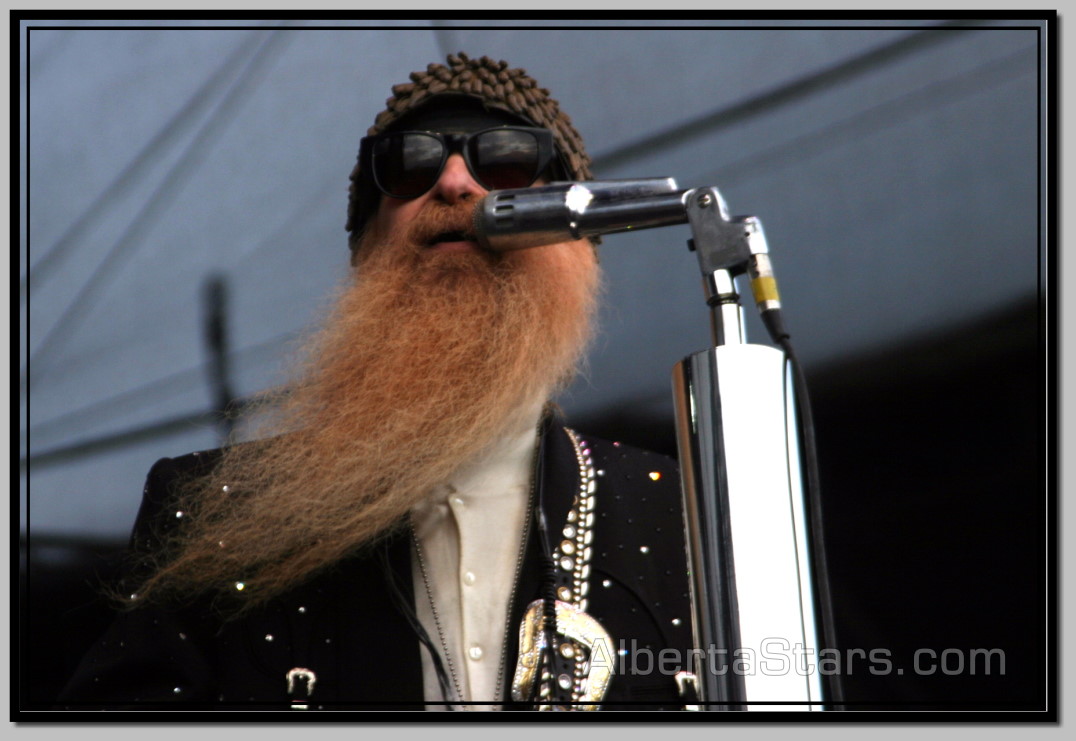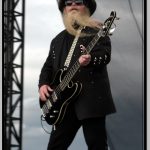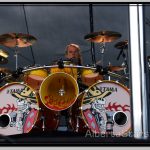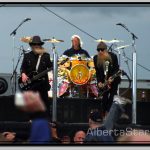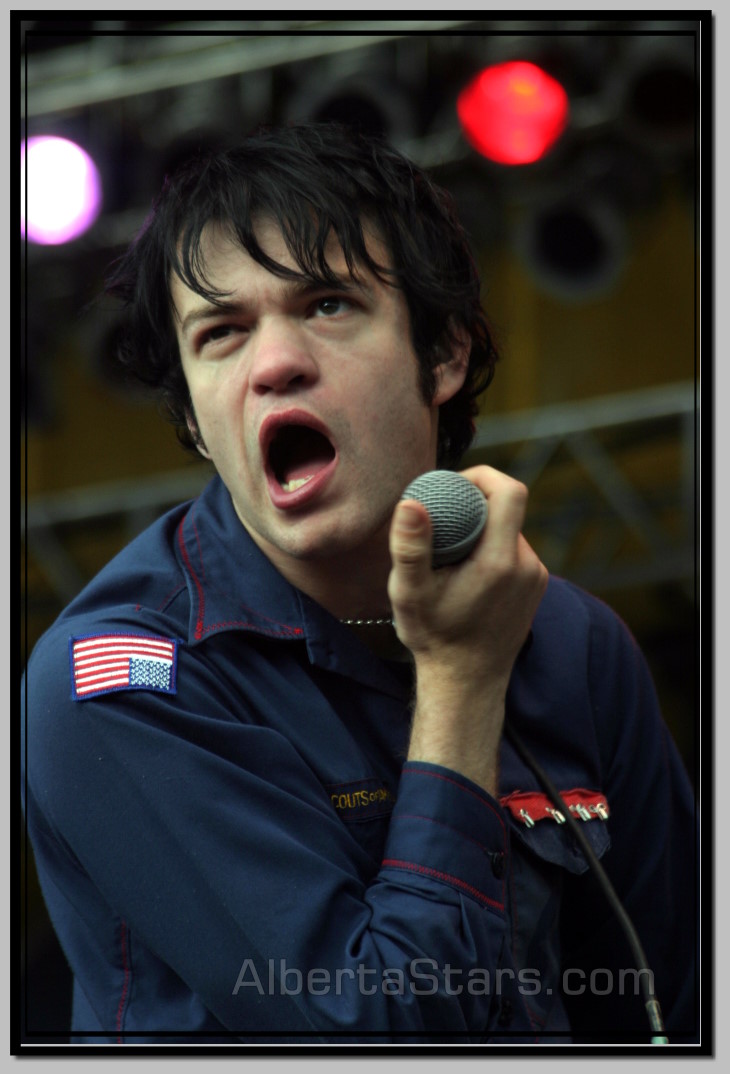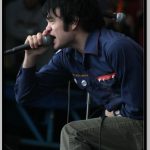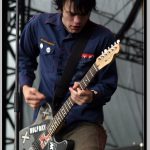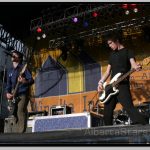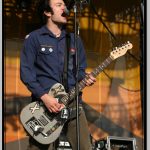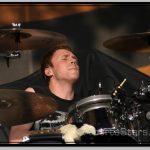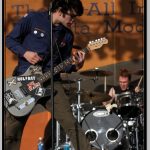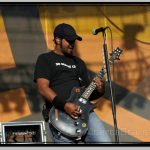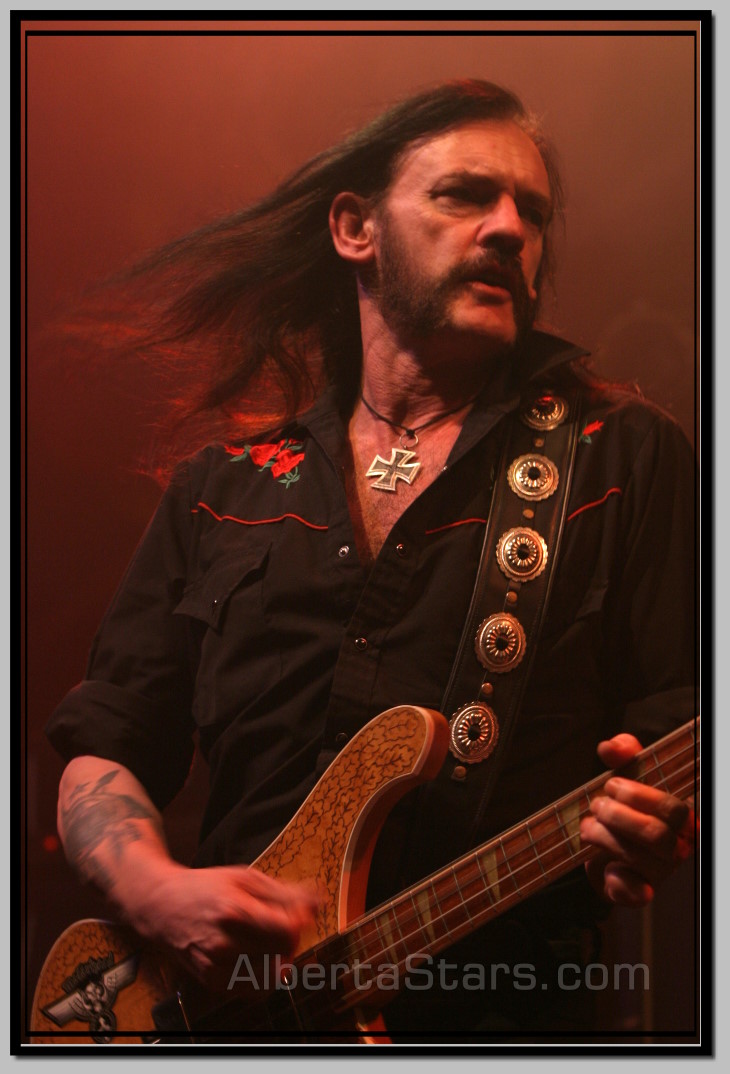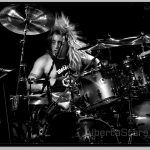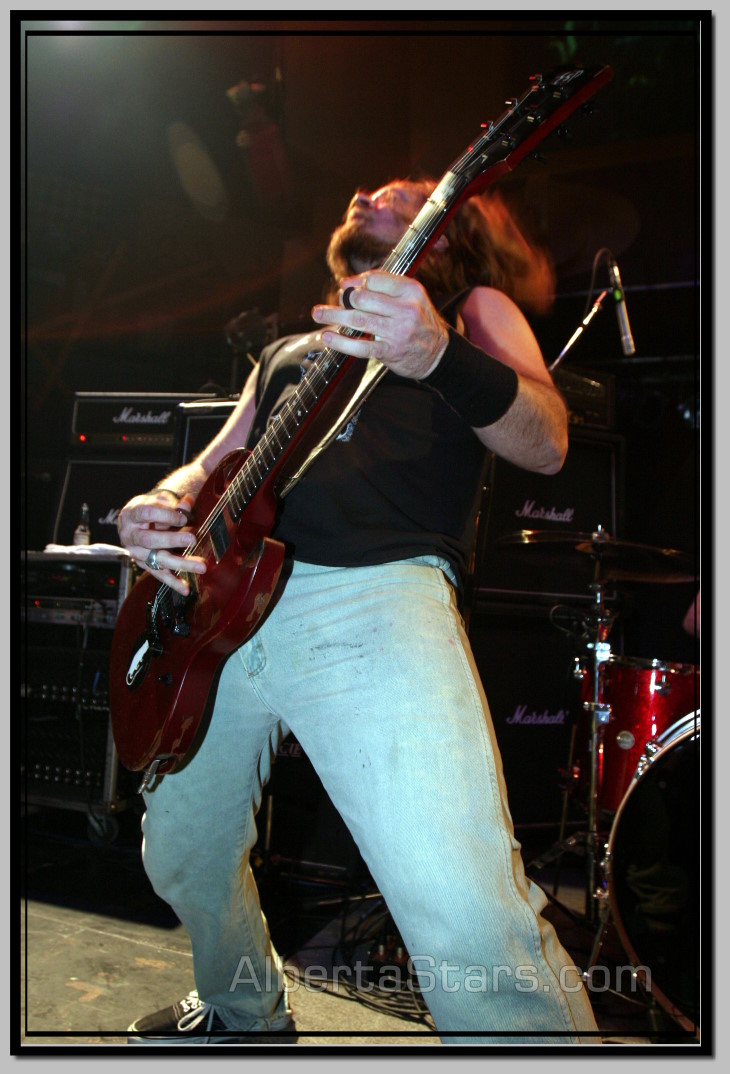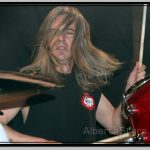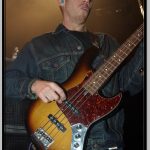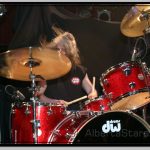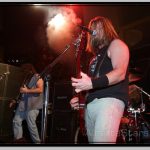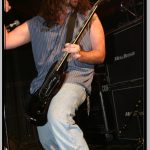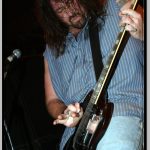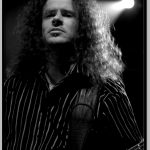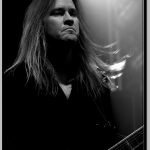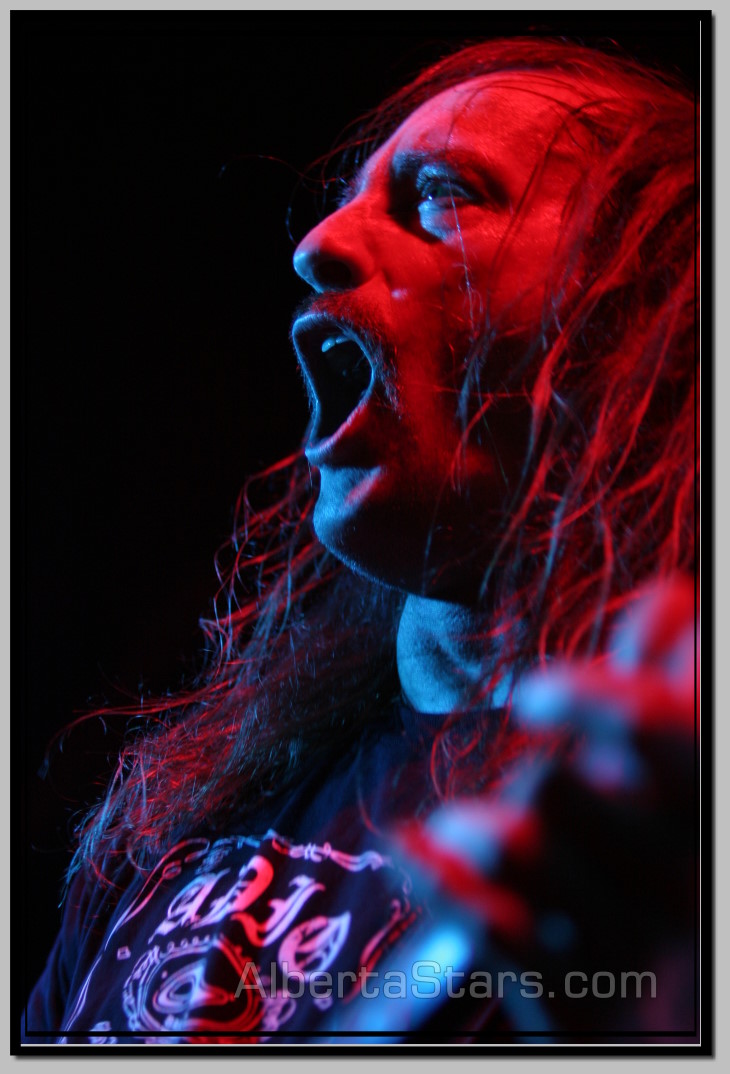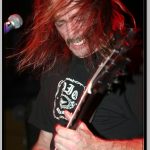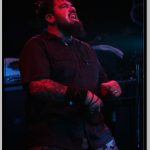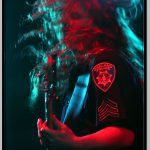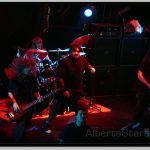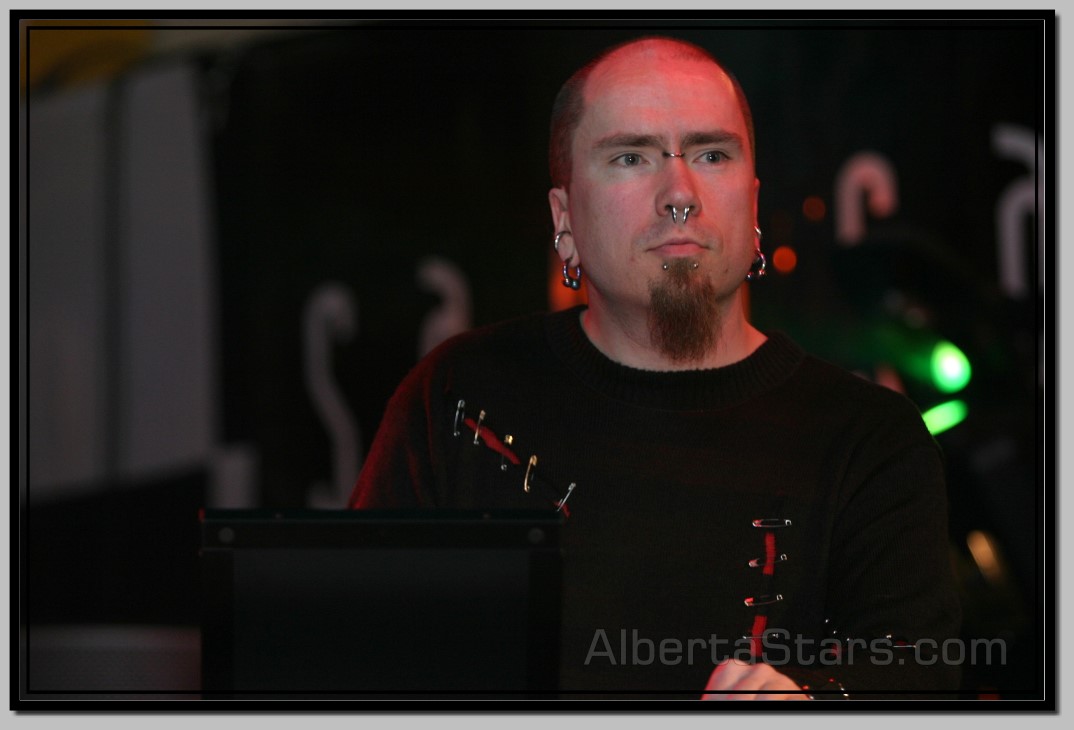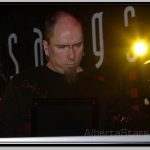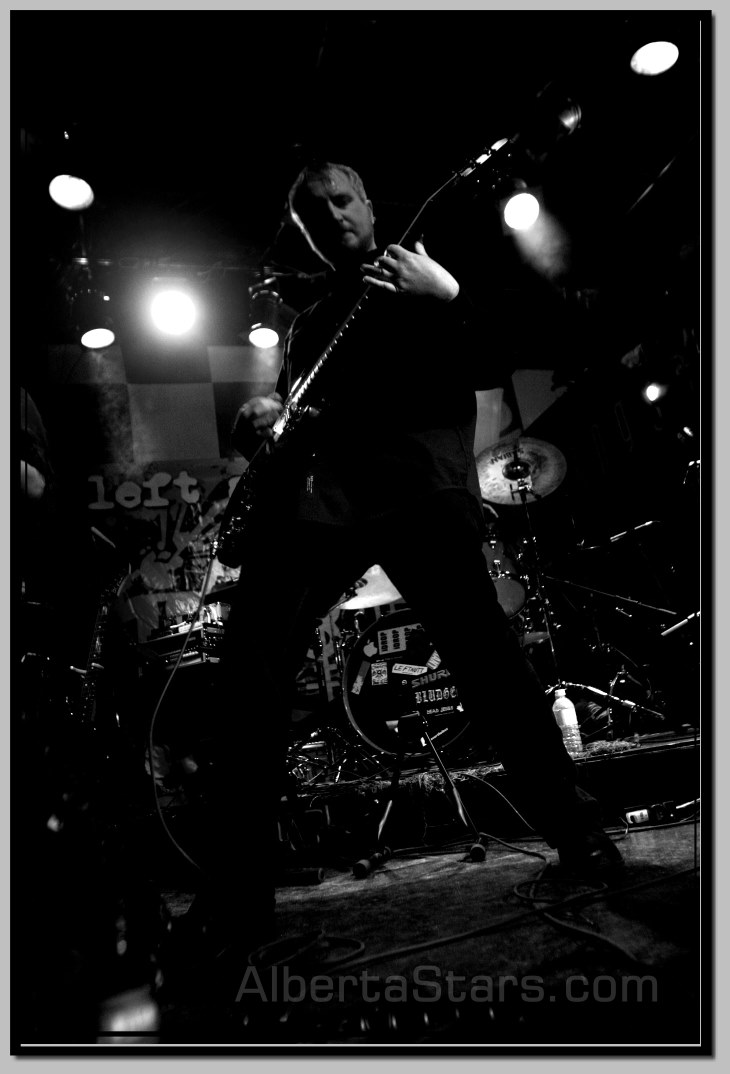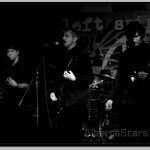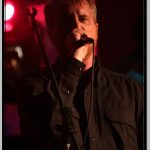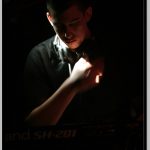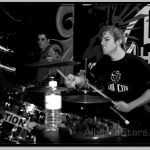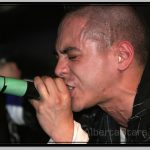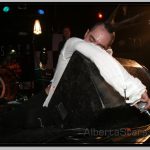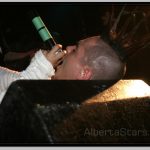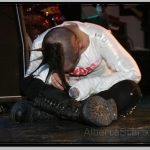ZZ Top is an American rock band that was formed in 1969 in Houston, Texas. With their mix of Texas blues, blues rock, boogie, southern rock and hard rock, ZZ Top had great success, especially in the 1980s, and filled concert halls and stadiums on extensive tours. The band members since 1969 are Billy Gibbons, Dusty Hill and Frank Beard. Since the late 1970s, Gibbons and Hill have been wearing the long full beards that have become the group’s trademark, appear in long trench coats and wear heavily tinted sunglasses and stetsons.
After the end of Gibbons’ band, The Moving Sidewalks, he decided in the summer of 1969 to put together a new band with which he wanted to orientate himself more towards blues and rock music. Billy Etheridge, who had played with Jimmie Vaughan, offered to play bass. In addition to Gibbons keyboardist Lanier Greig and drummer Dan Mitchell joined the original line-up of the band, which shortly thereafter renamed itself to ZZ Top.
According to Gibbons, the name pays homage to his musical role models Z. Z. Hill and B. B. King. However, the combination ZZ King made too much reference to B. B. King, so he decided on ZZ Top. Top is an equivalent to King because a king is always at the top.
A little later Greig left ZZ Top. The remaining trio made their first musical attempts on a ranch in Texas and decided a little later to put the marketing of the band in the hands of a manager. The choice fell on Bill Ham, a friend of John Mayall. Shortly thereafter, ZZ Top recorded their first single Salt Lick / Miller’s Farm at Doyles Jones Recording in Houston. Since the record deal with London Records was not yet signed, Bill Ham released the single on his record label Scat Records. The single had modest success, aired on local radio stations, and given the group appearances across Texas.
Within a short time the line-up was changed again – Dusty Hill took over the bass and Frank Beard the drums. Both had played in American Blues. In this line-up, ZZ Top first appeared on February 10, 1970 in Beaumont. In the summer of 1970, the recordings for the debut album “ZZ Top’s First Album” followed, which was officially released in January 1971.
In the months that followed, ZZ Top toured with various Texan musicians and bands such as Doug Sahm and Sunny and the Sunliners, and the group supported Chuck Berry, Bo Diddley and Janis Joplin. During the tour, ZZ Top wrote the songs for the second album Rio Grande Mud and recorded it during the tour breaks. The album was released in 1972 and brought ZZ Top the first listing on the Billboard 200 at number 104. The single Francine reached number 69 on the Billboard Hot 100.
Due to the success, the group made their first tours as headliners. With the 1973 album Tres Hombres, ZZ Top consolidated their image as a “Texan Braggart” and landed their first hit, La Grange. Following the album, the band toured the US for several years with almost no breaks, only interrupted by the studio recordings on the B-side of the 1975 album Fandango!.
This tour marathon ended with the 1975 Worldwide Texas Tour. For this tour, ZZ Top had its own stage developed, which thematically revolved around the state of Texas. The band took around 75 tons of sound and lighting technology with them to around 100 appearances in the USA. The highlight of the show was the presentation of animals native to Texas such as buffalos, bulls and snakes on stage. With the tour, ZZ Top made about 10 million US dollars.
Outside the US, the tour did not bring the hoped-for commercial success. Band biographer Jürgen Seibold suspects that this was not insignificantly due to the fact that the animals could not be brought abroad because of the quarantine regulations.
Gibbons described the years of almost uninterrupted touring as a “grueling and horrific experience” and after the release of Teja’s next album in early 1977, the three musicians took a break.
Frank Beard retired to the Caribbean, Dusty Hill to Mexico and Billy Gibbons to Europe. During this time, the musicians maintained loose contact by telephone or fax. Gibbons and Hill grew their full beards, which later became their trademark. The complete absence from the tour and the media fueled rumors that ZZ Top had broken up. In 1979 the Warner Music Group signed ZZ Top and released Degüello.
At the beginning of 1980, ZZ Top went on tour again after a three-year break. The appearance on April 19, 1980 in the Rocknacht of the WDR is seen as the initial spark for the commercial breakthrough in Europe. The show was broadcast by numerous European channels as part of Eurovision and it was the first time that ZZ Top was shown live on European television.
The final international breakthrough came with the 1983 album Eliminator. The band combined their guitar blues with modern synthesizers on this and some of the following albums. This approach to contemporary tastes and the widely acclaimed video clips in the then still young medium of music channels such as MTV resulted in sales of several million for the album. The most successful singles were Gimme All Your Lovin’, Legs and Sharp Dressed Man. ZZ Top finally became a top international act.
1983 turned out to be the most commercially successful year in the band’s history to date. The tour for the album recorded 56 stops in the USA with around 1.5 million tickets sold, and around four million copies of the album were sold worldwide. The musicians were particularly pleased with the commercial success that began in Great Britain on 1984, as English musicians such as the Rolling Stones or Lemmy Kilmister from Motörhead were among the main influences of the band.
Also in 1984, Gillette offered Billy Gibbons and Dusty Hill $ 1 million each for beards shaved off for an advertising campaign. The musicians refused the offer. With the 1985 album Afterburner, ZZ Top reached the climax of their musical career. In the USA alone, around 3 million copies were sold and the album reached the top ten in numerous national hit parades.
The world tour, which began in December 1985, comprised a total of 212 appearances. The tour concluded in March 1987 in Honolulu. During the tour there were disputes between the main sponsor Miller Brewing Company and the opening act The Black Crowes, because the band saw their independence restricted by the rules of the sponsorship agreement. Just a few weeks after the tour began, this led to the support band being kicked out.
After the tour there was a three-year break, during which the band barely appeared musically. Around 1987, the band’s management took legal action against a representation in the popular adventure game Space Quest I from Sierra Entertainment, where they were shown in a space bar, because of a copyright infringement. In order to avoid a legal dispute, Sierra voluntarily removed the relevant passage.
ZZ Top made further headlines when the musicians announced in October 1987 that they had booked three seats for the first passenger flight to the moon. In 1988, ZZ Top donated $1 million to the Delta Blues Museum in Clarksdale. The participation of ZZ Top in the film Back to the Future III caused further sensation. Initially, the band was supposed to contribute a song to the film soundtrack with Doubleback and for this reason visited the filming in 1989. Director Robert Zemeckis took this opportunity and shot a scene with the three musicians in which they played doubleback on traditional instruments in a saloon.
Recycler was released in the fall of 1990, followed by a tour of North America. The special thing about the album was that there were six tips on the inside of the CD booklet that could be used to save planet earth. Although the theses should not be understood as deadly serious, the musicians have developed a basic awareness of nature conservation, which they wanted to express with these theses.
The year 1991 was dominated by the murder of the wife of the band manager Bill Ham. In 1992, after the release of the best-of album Greatest Hits, the record deal with Warner ran out. ZZ Top won a new contract with RCA Records, which was endowed with a total of around 55 million US dollars.
The next album Antenna was originally supposed to be released in early 1993, but wasn’t released until January 1994. In the mid-1990s, ZZ Top was represented with two titles in the soundtrack of the feature film From Dusk Till Dawn. After the obligatory tour, the follow-up album Rhythmeen was released in 1996.
In 1999 ZZ released Top XXX, followed by an extensive world tour that took the band to Australia and New Zealand. After the tour ended, the band went back to the studio to record Mescalero, which was finally released in 2003. Also in 2003, ZZ Top took part in the TV show Crossroads, where country musicians met artists from other genres. ZZ Top’s partner was Brooks & Dunn.
In 2004 the band was inducted into the Rock and Roll Hall of Fame. On the occasion of the Billboard Music Awards 2006 Billy Gibbons played the song Tush from the 1975 album Fandango! Together with Nickelback and Kid Rock.
After a long break, the next studio album La Futura was released at the end of 2012. In 2019, a British-Canadian-American documentary was made with the title That Little Ol’Band From Texas.
Since the 1970s, cars have been the second essential component of the band’s image, alongside the flair for attractive women. The first vehicle was a Ford Coupé, built in 1933, which ZZ Top had restored from the mid-1970s and converted into a hot rod. As the Eliminator Coupe, the vehicle graced the cover of Eliminator. The second vehicle that caused a stir was the Leapin’ Limo, which was first seen in the Velcro Fly music video. It was a Pontiac Streamliner “Silver Streak” from 1948, which was stretched 40 inches by a Californian tuning company. Frank Beard competed in various IMSA races from around the mid-1980s.
In addition to their cameo in Back to the Future III, the band made short appearances in various television productions. Billy Gibbons played the father of Angela Montenegro in the US TV series Bones between 2005 and 2011. ZZ Top also made a cameo on the television series Two and a Half Men. In Season 7, Episode 21 (The Grandfather Clock) they appeared twice to drugged Charlie Harper at his beach house.
ZZ Top songs have also been used in wrestling series. In 2002, Kid Rock covered the song Legs for the WWF sampler WWF Forceable Entry. Wrestler Jimmy Valiant was inspired by ZZ Top for his outfit and appeared in fights as a Boogie Woogie Man with a full beard like Hill and Gibbons.
I took pictures of ZZ Top at Stage 13 music festival in Camrose, Alberta, Canada on July 11, 2004:
